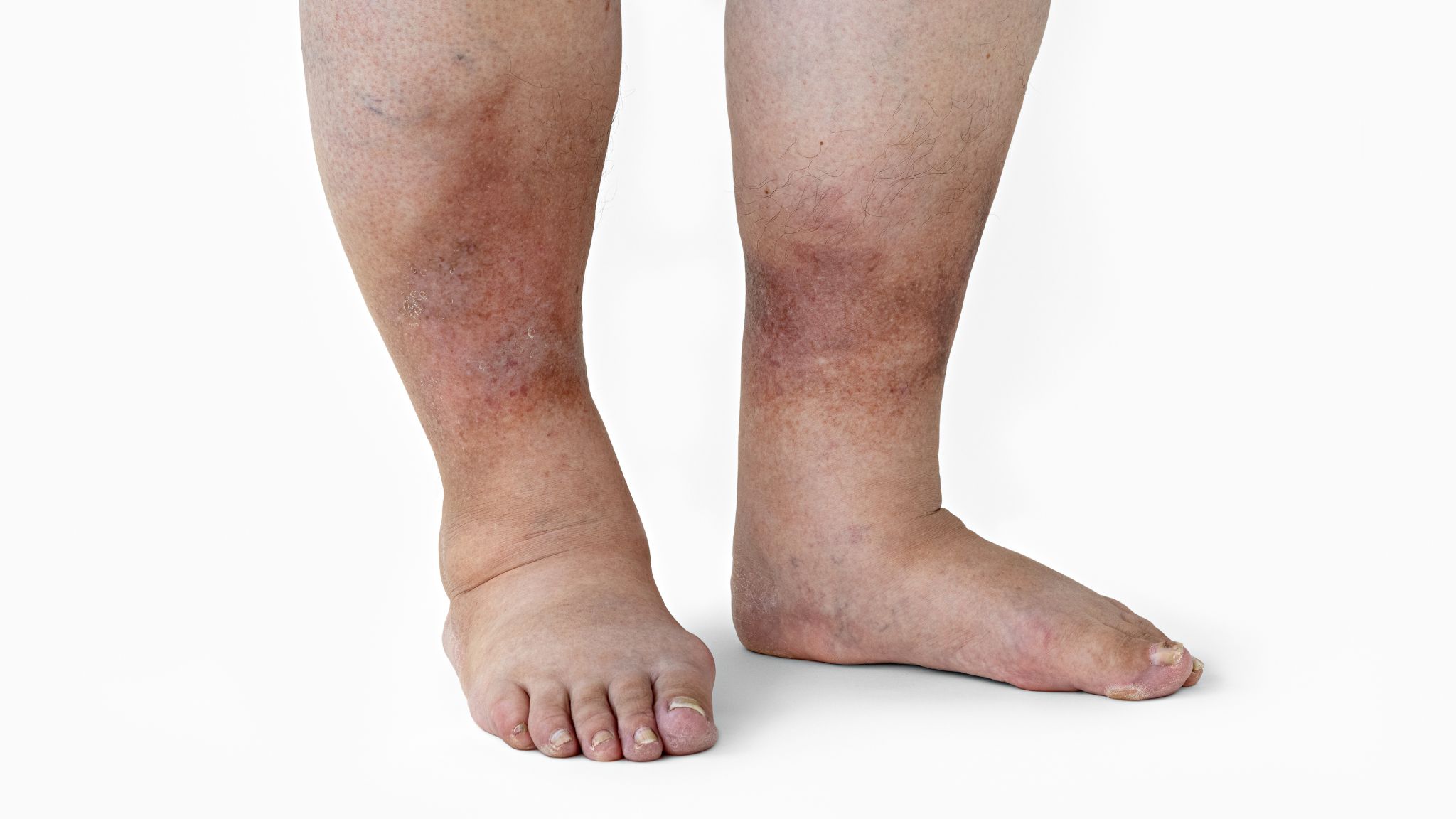Comprehensive Diabetic Foot Care: Protecting Your Feet and Health
Effectively managing diabetes is a multifaceted endeavor that encompasses various aspects of your life. While many people focus on maintaining blood sugar levels and adopting a healthy diet, one area often overlooked is diabetic foot care. In this comprehensive guide, we will delve deeper into the dangers diabetes poses to your feet, emphasize the importance of daily foot care for individuals with diabetes, and provide detailed insights on when and how to seek professional guidance from our podiatrists at Advanced Ankle & Foot.
Why Diabetes Poses Risks to Your Feet:
Diabetes is a complex condition that can have far-reaching effects on your health, and your feet are particularly susceptible to its negative consequences. Two critical factors that contribute to the dangers of diabetic feet are circulatory issues and nerve damage.
Circulatory Issues:
Healthy blood circulation is vital for the body’s cellular functions and repair processes. However, as diabetes progresses, it can impair blood flow, with the feet often being the first area affected. Reduced blood circulation in the feet can result in slow healing of injuries and wounds, rendering them more susceptible to infections.
Nerve Damage:
Diabetes can also cause damage to the nerves in your feet, leading to a loss of sensation. This condition, known as diabetic neuropathy, can cause individuals to overlook injuries or wounds developing on their feet. This lack of awareness significantly increases the risk of complications, such as open ulcers and infections.

When to Seek Treatment:
Vigilance is paramount when it comes to diabetic foot care. Knowing when to seek professional help can prevent complications from worsening and improve your overall quality of life. Here are some signs and situations that warrant immediate attention:
- Persistent Pain: If you experience persistent foot pain that doesn’t improve with rest or over-the-counter pain relievers, consult our podiatrists.
- Changes in Skin Color or Temperature: Unusual changes in the color or temperature of your feet could indicate circulation problems and should be evaluated.
- Swelling: Excessive swelling in the feet, ankles, or legs should not be ignored and should prompt a medical assessment.
- Open Sores or Ulcers: Any open sores, ulcers, or wounds on your feet should be examined by our experienced team. Delayed treatment can lead to complications.
- Ingrown Toenails: Ingrown toenails can lead to infections if left untreated. Seek our help if you have ingrown toenails.
- Foot Deformities: Any noticeable foot deformities, such as bunions or hammertoes, should be evaluated by one of our podiatrists for appropriate management.
- Numbness or Tingling: Persistent numbness or tingling in your feet, particularly if it spreads, should be reported to your healthcare team.
- Infection Symptoms: If you notice signs of infection, such as redness, warmth, or pus around a wound, seek immediate medical attention.
Diabetic foot care is a proactive and integral part of diabetes management. By understanding the risks associated with diabetes and adopting a comprehensive daily foot care routine, you can minimize the potential complications. Remember that early intervention and regular podiatric care are essential for preserving your foot health and overall well-being.
Contact Us
If you have concerns about your diabetic feet or need guidance on foot care, our podiatry practice is here to help. Reach out to us today to schedule an appointment and take the first step toward ensuring the health and safety of your feet.
Your feet deserve the best care, and we are dedicated to providing it. Diabetes is a lifelong journey, and together, we can protect your feet and improve your quality of life.
